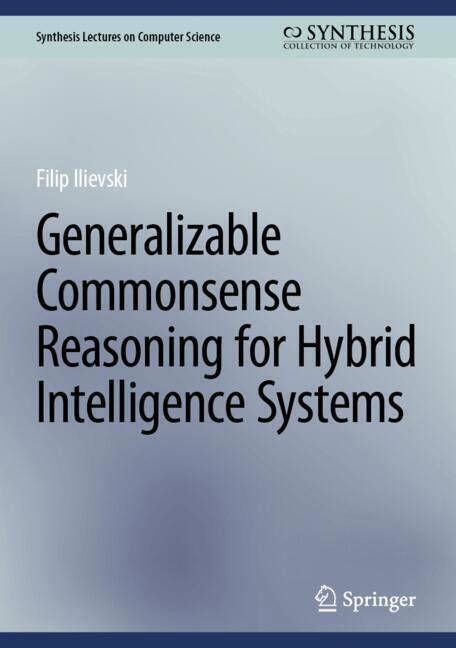
- Retrait gratuit dans votre magasin Club
- 7.000.000 titres dans notre catalogue
- Payer en toute sécurité
- Toujours un magasin près de chez vous
- Retrait gratuit dans votre magasin Club
- 7.000.0000 titres dans notre catalogue
- Payer en toute sécurité
- Toujours un magasin près de chez vous
Description
This book enables readers to understand the challenges and opportunities of developing human-centered AI with commonsense reasoning abilities. Despite apparent accuracy improvements brought by large neural models across task benchmarks, common sense is still lacking. The lack of common sense affects many tasks, including story understanding, decision-making, and question answering. Commonsense knowledge and reasoning have long been considered the "black matter" of AI, raising concerns about the trustworthiness and applicability of AI methods in both autonomous and hybrid applications. This book describes how to design a more robust, collaborative, explainable, and responsible AI through incorporating neuro-symbolic commonsense reasoning. In addition, the book provides examples of how these properties of AI can facilitate a wide range of social-good applications in digital democracy, traffic monitoring, education, and robotics. What makes commonsense reasoning such a unique and impactful challenge? What can we learn from cognitive research when designing and developing AI systems? How can we approach building responsible, robust, collaborative, and explainable AI with common sense? And finally, what is the impact of this work on human-AI teaming? This book provides an accessible introduction and exploration of these topics.
Spécifications
Parties prenantes
- Auteur(s) :
- Editeur:
Contenu
- Nombre de pages :
- 137
- Langue:
- Anglais
- Collection :
Caractéristiques
- EAN:
- 9783031699733
- Date de parution :
- 21-12-24
- Format:
- Livre relié
- Format numérique:
- Genaaid
- Dimensions :
- 177 mm x 247 mm
- Poids :
- 412 g

Les avis
Nous publions uniquement les avis qui respectent les conditions requises. Consultez nos conditions pour les avis.






